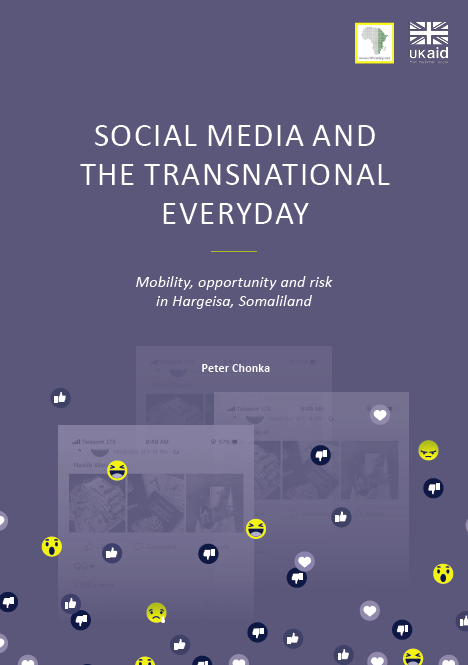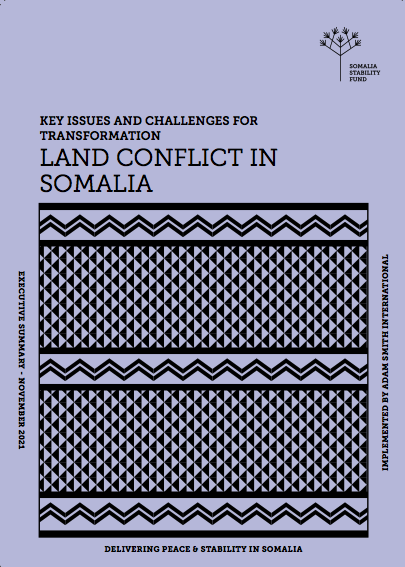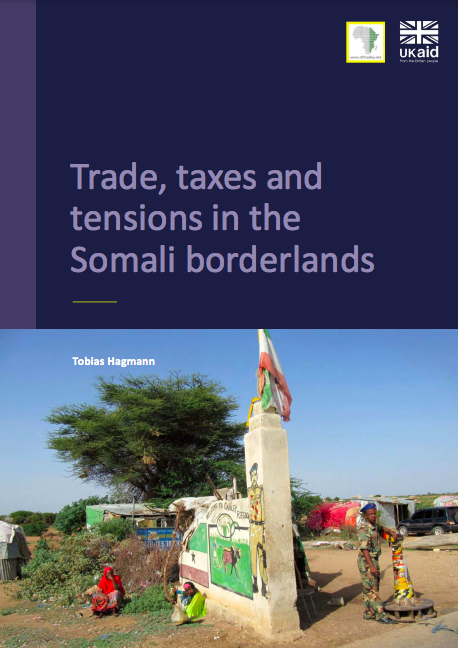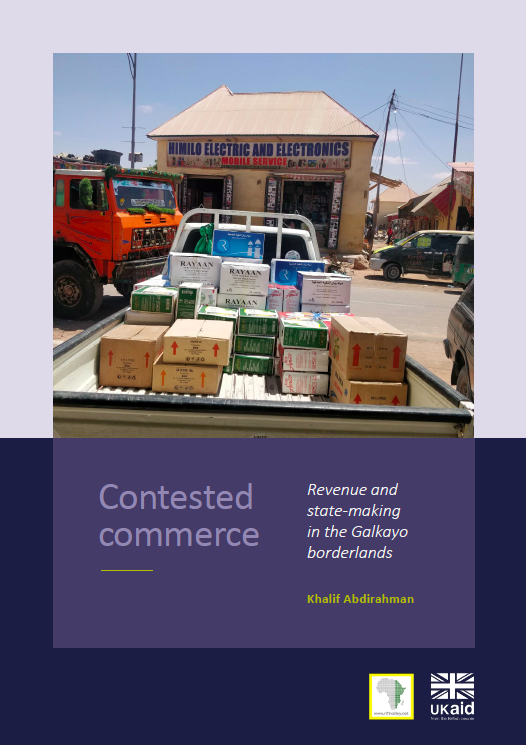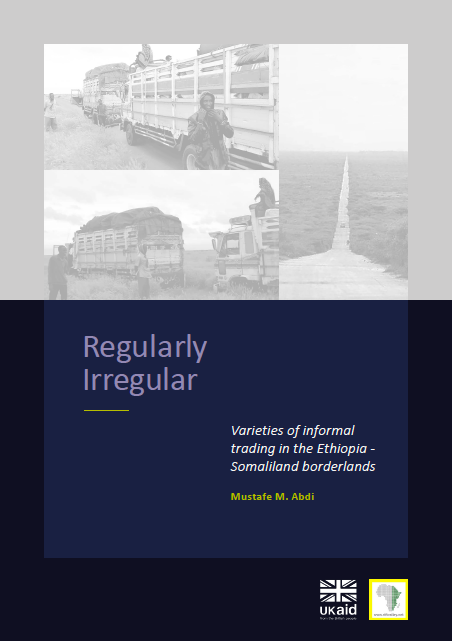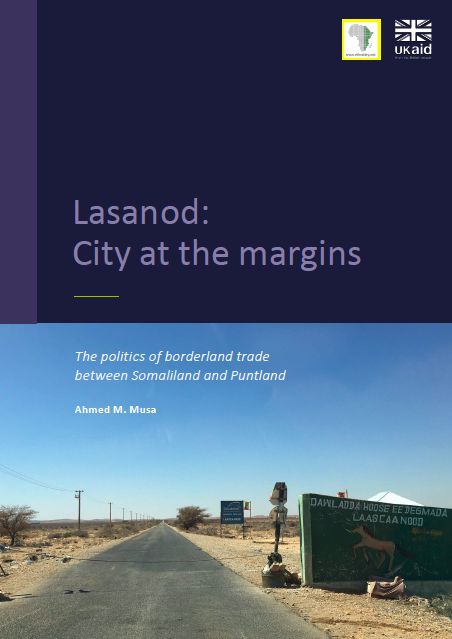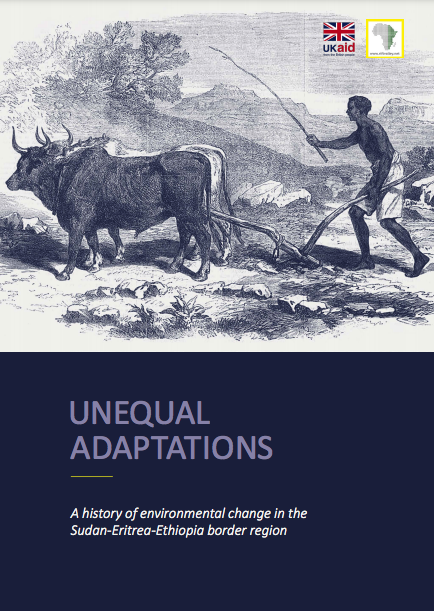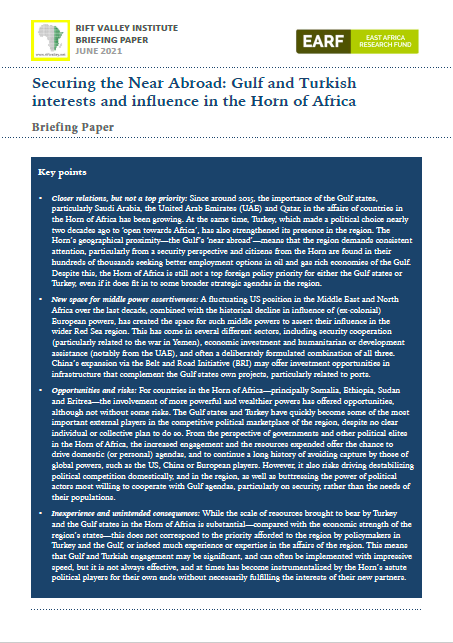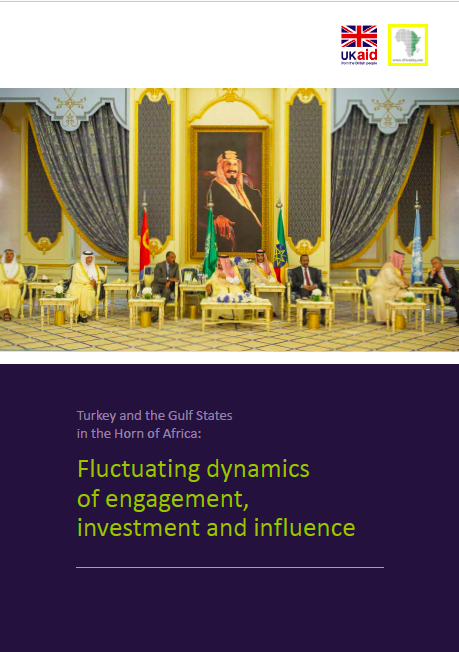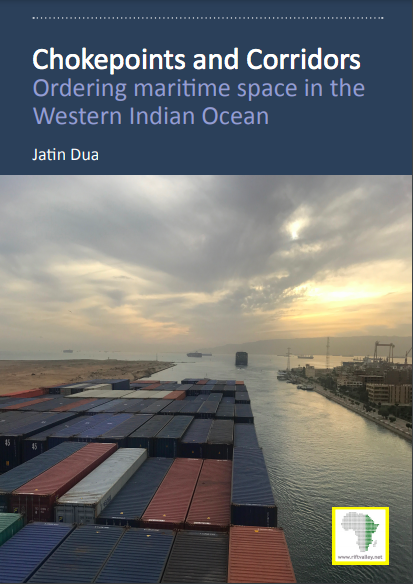Online and social media connectivity has increased rapidly across cities in the Horn of Africa, particularly amongst younger generations. Taking the post-conflict city of Hargeisa—capital of the de facto independent Republic of Somaliland—as its starting point, this report focuses…
RVI publishes books, research reports, research papers, briefings and meeting reports in a range of formats. Publications cover policy, research, arts, culture and local knowledge in the countries of eastern and central Africa. Research publications—books, reports and papers—are peer-reviewed. Some RVI publications are also available in French and/or Arabic.
The RVI is a signatory of the Budapest Open Access Initiative (2001); all publications are free for download in PDF format under Creative Commons licences. The views expressed in books and reports published by the RVI are those of the authors, not the Institute.
SEARCH
PUBLICATION TYPE
LANGUAGE
REGION
COUNTRY
This briefing paper–part of a larger report–was commissioned by Somalia Stability Fund (SSF) with the aim of conducting a comprehensive literature review on land conflict in Somalia. The report was motivated by two factors: first is the desire to…
Cross-border trade is crucial for ongoing state building in the Somali inhabited Horn of Africa. This is significantly enabled by revenue collection at border crossings, which forms a crucial part of states’ finances in this region. Cross-border trade is…
Situated between Somalia’s Federal Member States of Puntland and Galmudug, the city of Galkayo forms an administrative and social boundary within the broader Bosaso trade corridor, which encompasses Puntland, Galmudug and Hirshabelle. Located at the edge of Puntland but…
In Somaliland and Ethiopia’s Somali Regional State, small-scale informal trading far exceeds formal trade. However, most recent writing on trade in this region has disproportionately focused on formal trade thus neglecting a key area of economic activity. In contrast,…
Lasanod is located on the border between the Republic of Somaliland and Somalia’s federal state of Puntland. Now under the administrative control of Somaliland, the city is contested— sometimes violently— between the two polities, which are both products of…
The Sudan-Eritrea-Ethiopia border region has long been a place of deep interconnection. Historically, collaboration across ethno-linguistic and religious divides allowed communities to develop life-sustaining complementary strategies for utilizing the region’s natural resources. These traditional patterns of human-environment interaction both…
Since around 2015, the importance of the Gulf states, particularly Saudi Arabia, the United Arab Emirates (UAE) and Qatar, in the affairs of countries in the Horn of Africa has been growing. At the same time, Turkey, which made…
Since around 2015, the importance of the Gulf states, particularly Saudi Arabia, the United Arab Emirates (UAE) and Qatar, in the affairs of countries in the Horn of Africa has been growing. At the same time, Turkey, which…
In the Horn of Africa there is a dynamic interplay between land and sea that has shaped political, economic and social relationships. Historical and contemporary instances of piracy in the Western Indian Ocean, at different times, precipitated a securitization of…
Recent Publications
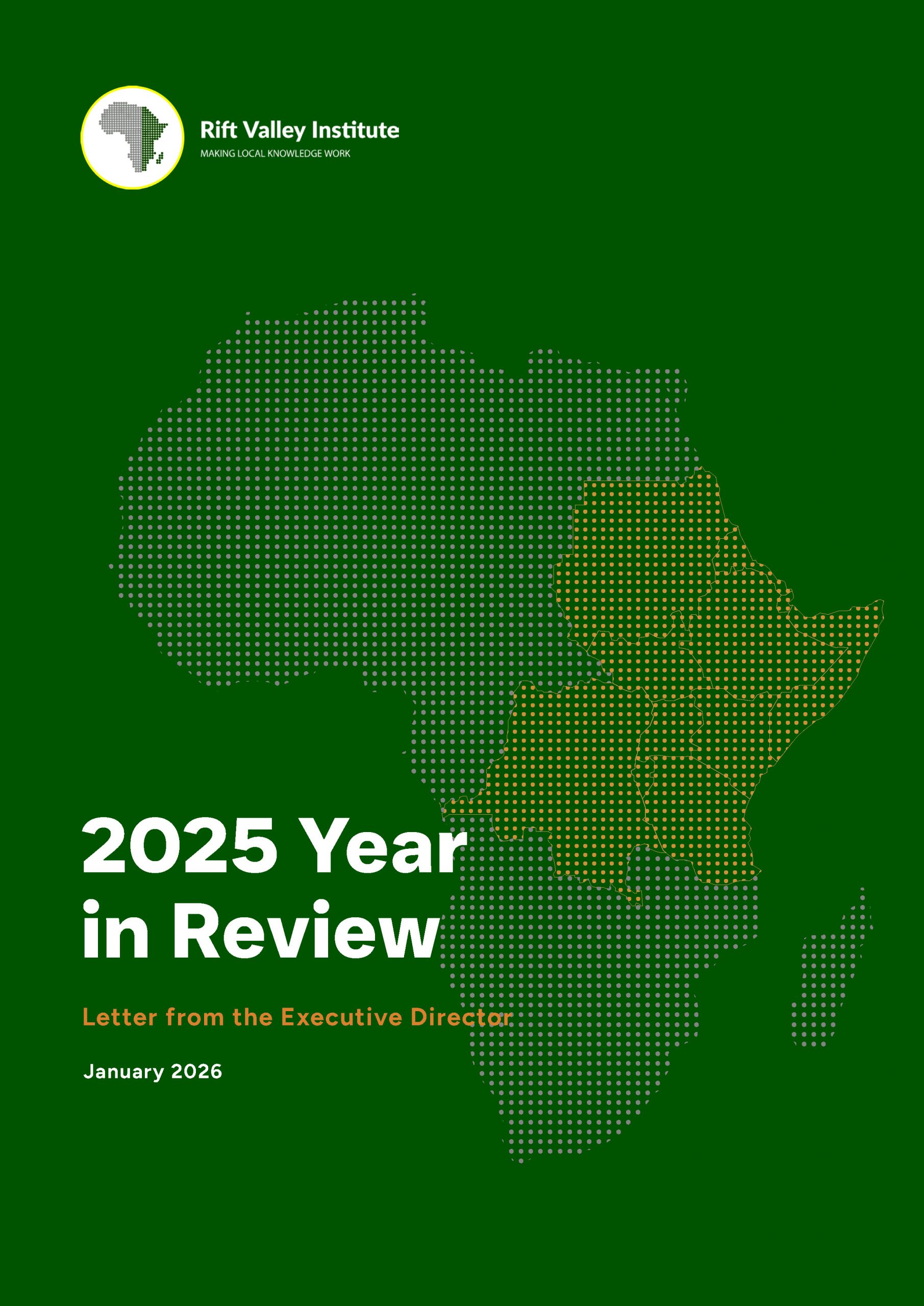
2025 Year in Review
February 16, 2026
The 2025 Year in Review provides an overview of the Rift Valley Institute’s work over the past year across eastern and central Africa. The report highlights RVI’s research and publication output, education and training activities, and public forums and convenings,

Rethinking Aid in Sudan and South Sudan
January 28, 2026
The brief draws on a joint convening held in Kampala, Uganda, in November 2025, which brought together more than 45 Sudanese and South Sudanese participants representing more than 30 grassroots organizations and international NGOs. Its primary objective is to amplify

EWNET Writes: Writing Workshop Session I
December 18, 2025
The Ethiopian Women Researchers Network (EWNET) inaugural writing workshop series aims to not only provide women researchers with uninterrupted time for their scholarly projects, but also build a supportive academic community. The first session, entitled ‘EWNET Writes: Writing Workshop Session

